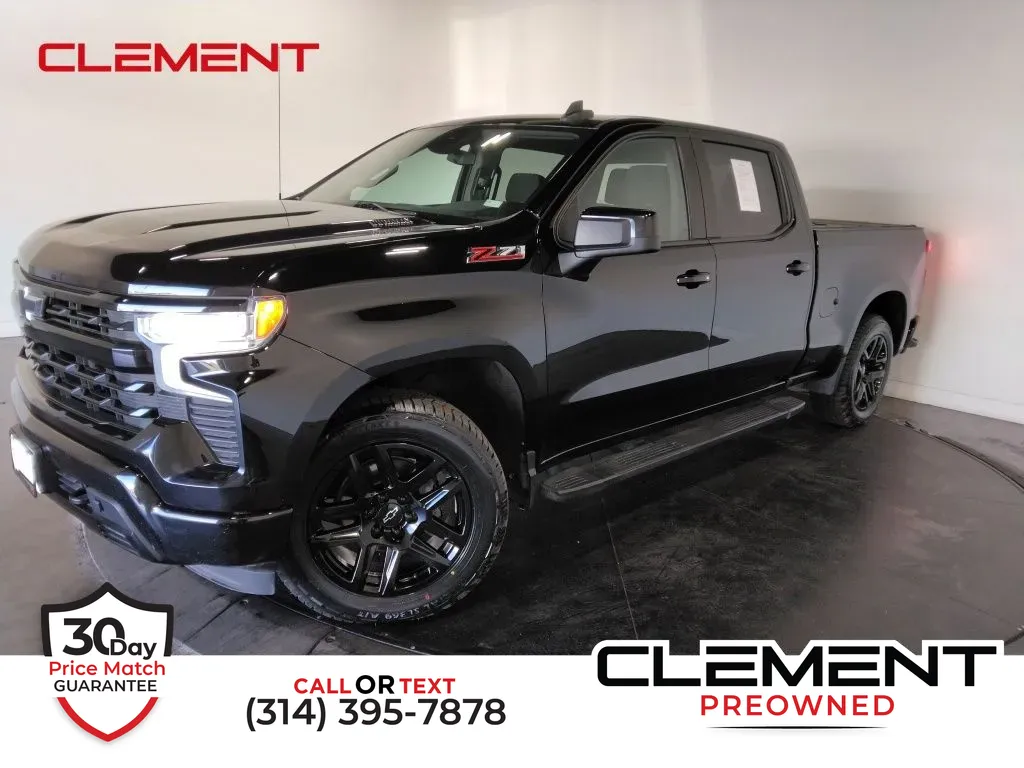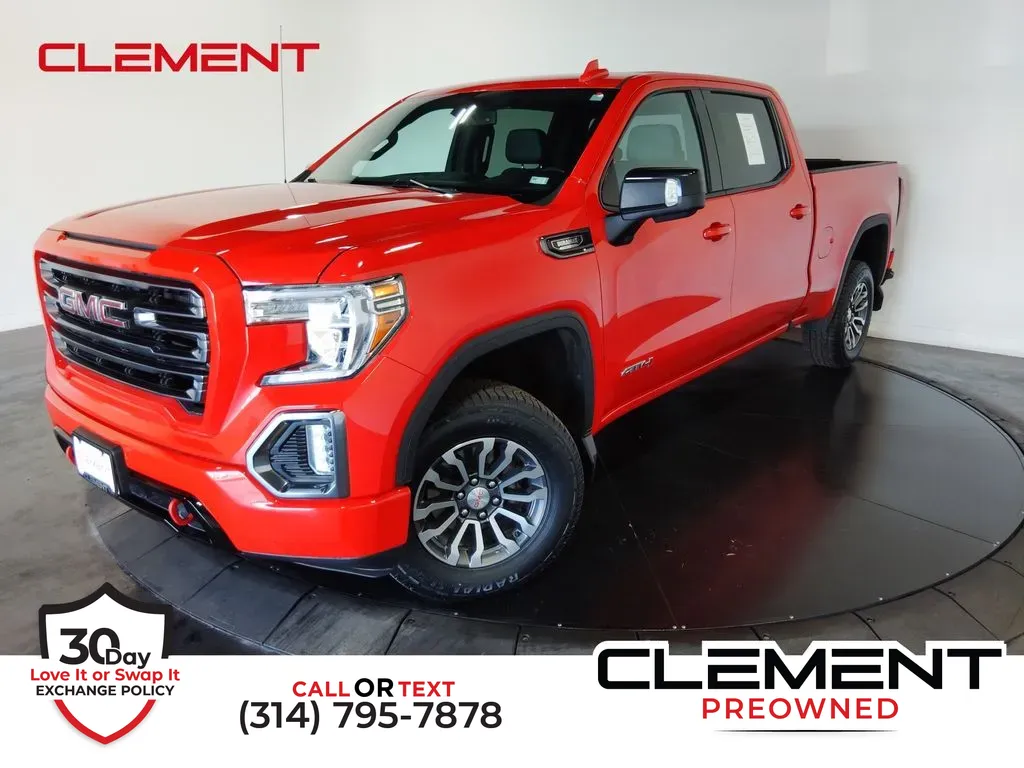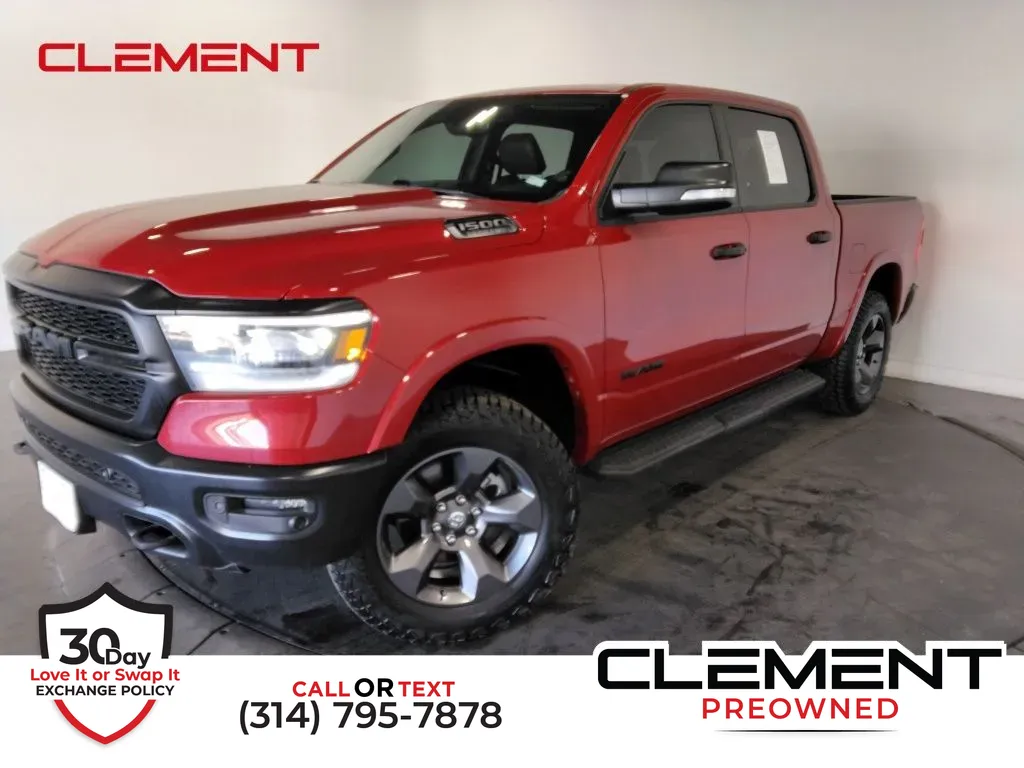Essential Car Care: Maintenance Checklist & Tips
Essential Car Care: Maintenance Checklist & Tips

Just as we prioritize our health with regular check-ups, our vehicles deserve the same care and attention. And having a trustworthy car maintenance professional is a significant part of the equation. Clement Preowned is a dealership with decades of experience in the auto industry, boasting ISO certified management and skilled technicians with years of expertise in car repairs. Below, we have gathered tips from our engineers and mechanics to assist you in steering clear of costly repairs through routine car maintenance.
Advantages of Regular Car Maintenance: Efficiency, Longevity, and Safety
Regular car maintenance isn't just about keeping your car running; it's about optimizing its performance, prolonging its lifespan, and ensuring your safety on the road. The advantages of prioritizing regular maintenance extend beyond the mechanical realm and into your overall driving comfort and safety.
Fuel Efficiency and Long-Term Savings:
Well-maintained vehicles are inherently more fuel-efficient. By routinely checking and servicing essential components such as air filters, spark plugs, and engine fluids, you'll experience improved fuel economy. This translates into long-term savings at the gas pump, leaving you with extra funds for your adventures and prolonging the engine life.
Enhanced Performance:
Consistent car maintenance plays a vital role in enhancing overall vehicle performance and ensuring a smooth and efficient driving experience. Regular oil changes, for instance, keep the engine properly lubricated, reducing friction and promoting optimal combustion. Frequent air filter replacements prevent debris from clogging the engine, enabling it to breathe freely and generate more power. Well-maintained brakes ensure responsive stopping, while aligned wheels minimize tire wear and enhance steering precision. Overall, these practices not only extend the lifespan of critical components but also maximize the car's power, efficiency, and responsiveness on the road.
Safety First:
A well-maintained vehicle is a safe vehicle. Regular check-ups and maintenance routines help identify and rectify potential safety hazards before they escalate. Properly functioning brakes, well-aligned wheels, and responsive steering contribute to better control, handling, and stopping power.
Comprehensive Car Maintenance Checklist and Schedule
Maintaining your vehicle's health involves adhering to a comprehensive car maintenance checklist and regular vehicle inspection. Car services are categorized into interim, full, and major intervals.
An interim service, occurring approximately every 6,000 miles, includes essential tasks such as an oil change, filter replacement, serpentine belt and wiper blade inspections, and tire pressure checks.
Moving on to the full service, recommended every 12,000 miles, you'll encounter an expanded scope of checks, encompassing components like the engine and cabin air filters, coolant, belts and hoses, and brake pads. With over 50 detailed assessments, a full service ensures your vehicle's safety and efficiency.
For crucial maintenance items that don't require frequent servicing, major car services step in. Combining checks from both interim and full services, major intervals tackle critical elements such as brake fluid exchange, spark plug replacement, transmission fluid inspection, timing belt replacement, battery testing, and tire replacement.
Below, we present the comprehensive car maintenance checklist and schedule with mileage markers to guide you through effective vehicle care.
Short-Term Check-Ups:
- Oil and Coolant Levels (Every Month): Regularly examine oil and coolant levels, particularly before extended journeys, to preempt potential engine problems.
- Air Filter (Every 15,000 to 30,000 Miles): Inspect and replace your engine's air filter to bolster fuel efficiency, decrease emissions, and extend the engine's lifespan.
- Tire Pressure and Tread Depth (Monthly): Monthly tire pressure checks, including the spare, foster secure and fuel-efficient driving. Monitor tread depth to ensure uniform wear.
- Lights Inspection (Monthly): A regular examination of headlights, turn signals, brake lights, and parking lights guarantees their proper function, contributing to safety.
- Oil & Filter (Every 5,000 to 15,000 miles): Thanks to advancements in lubricants, contemporary engines now typically come with suggested oil change periods ranging from 5,000 to 7,500 miles. Furthermore, for engines demanding full-synthetic motor oil, the interval could extend up to 15,000 miles before servicing is necessary. Adhere to the manufacturer's recommendations for oil and oil filter changes.
- Rotate Tires (Every 6,000-8,000 Miles): Regular tire rotation preserves even wear, preventing noise and vibration issues from arising.
- Wax Vehicle (Every 6 Months): Apply wax every six months to safeguard the paint and minimize the risk of rust.
Long-Term Check-Ups:
- Transmission Fluid (Every 30,000 to 60,000 Miles): Routinely check and change transmission fluid to evade potentially expensive damage.
- Transfer Case Fluid (Every 30,000 to 50,0000 Miles): Differentials and transfer cases require fluid for lubrication and heat dissipation. If this fluid gets contaminated by foreign particles, excessive heat, pressure, or water, it can lead to damage. Impairment of these parts can result in locked gears and seized wheels.
- Shocks and Struts (Every 50,0000 to 100,000 Miles): Typically, shocks and struts deteriorate between 50,000 and 100,000 miles of usage. Inspect these components to ensure a smooth and controlled driving.
- Coolant Fluid Exchange (Every 30,000 to 60,000 Miles): Following a general guideline, it's recommended to change the coolant by draining and refilling it with new fluid every two years or after covering 30,000 miles. However, specific recommendations can differ depending on the particular vehicle model.
- Spark Plugs (As Needed): Inspect and replace spark plugs to sustain peak engine performance. Spark plug replacement is necessary when your check engine light illuminates, starting your car becomes challenging, you observe a reduction in fuel efficiency, a rough engine idling sound is audible, or your car's acceleration becomes sluggish.
- Serpentine Belt (Every 60,000-100,000 miles): The serpentine belt winds its way around multiple engine components, conveying mechanical energy to nearly all vital parts. Typically, the belt should be changed every 4 to 6 years (60,000-100,000 miles) under regular circumstances. However, it's also crucial to visually and audibly assess for signs of deterioration prior to reaching that time frame.
- Front and/or Rear Differential (Every 30,000-50,000 Miles): Maintaining a regular schedule for changing differential fluid is essential due to the generation of heat from friction caused by metal-to-metal contact. Furthermore, this friction weakens gears and erodes surfaces, potentially resulting in expensive differential failure.
Seasonal Check-Ups:
- Replace Windshield Wipers (Annually): Renew windshield wipers each year, and consider winter blades for colder months.
- Battery Performance Check (Periodically): Test battery performance to ensure reliable starting, particularly in extreme temperatures.
- Change Tires (Seasonally): Switch to winter/snow tires during cold months for enhanced traction and safety.
- Check Coolant Levels (Winter Monitoring): Monitor antifreeze levels in winter to avoid potential engine damage.
By adhering to a regular car maintenance schedule, you can extend your vehicle's lifespan, mitigate breakdowns, reduce repair costs, and preempt unforeseen issues. Always refer to your car's owner's manual for a precise maintenance timeline.
Frequently Asked Questions
Q: How often should I get an oil change?
A: The rule of thumb is around every 5,000 to 7,500 miles, but check your car's manual for manufacturer recommendations.
Q: How often should I check my tire pressure?
A: Regularly! Monthly checks are ideal to ensure proper inflation, improving fuel efficiency and tire longevity.
Q: How often should I get my brakes checked?
A: Brake inspections are typically part of routine maintenance. Have them checked at every oil change or service appointment.
Q: How often should I check my car's fluids?
A: Fluid levels should be checked monthly, including oil, coolant, transmission fluid, and brake fluid, but it’s smart to check the fluids before each long trip.
Choosing the Right Car Maintenance Service
When it comes to ensuring the longevity and performance of your vehicle, selecting the right car maintenance service is crucial. At Clement Pre-Owned, we offer a comprehensive range of maintenance, repair and lift-up services.
- Timely Commitment: We prioritize faster repairs without compromising on quality, ensuring your vehicle gets back on the road promptly.
- Trustworthy Excellence: Beyond being a reliable and affordable dealership, Clement Pre-Owned keep the commitment to high level of services and work according to ISO standards.
- Transparent Interaction: Clear communication and honesty are at the core of our service, providing you with the information you need to make informed decisions.
- Qualified Technicians: Our team of well-trained technicians is equipped with the expertise to handle various service needs for all makes and models.
- Premium Replacement Parts: Access to official original equipment manufacturer (OEM) parts guarantees top-notch repairs for your vehicle.
- Economic Consideration: We deeply appreciate the value of affordability and are dedicated to maintaining your vehicle without straining your budget.
- Advanced Features: Our services include computerized estimating and paint matching, ensuring precision and quality in every repair.
If you are looking for a reliable car maintenance center to solve all the issues at one place, discover the difference with Clement Auto Group by scheduling your car services today through our convenient online form.


.webp?w=3840&q=80)









